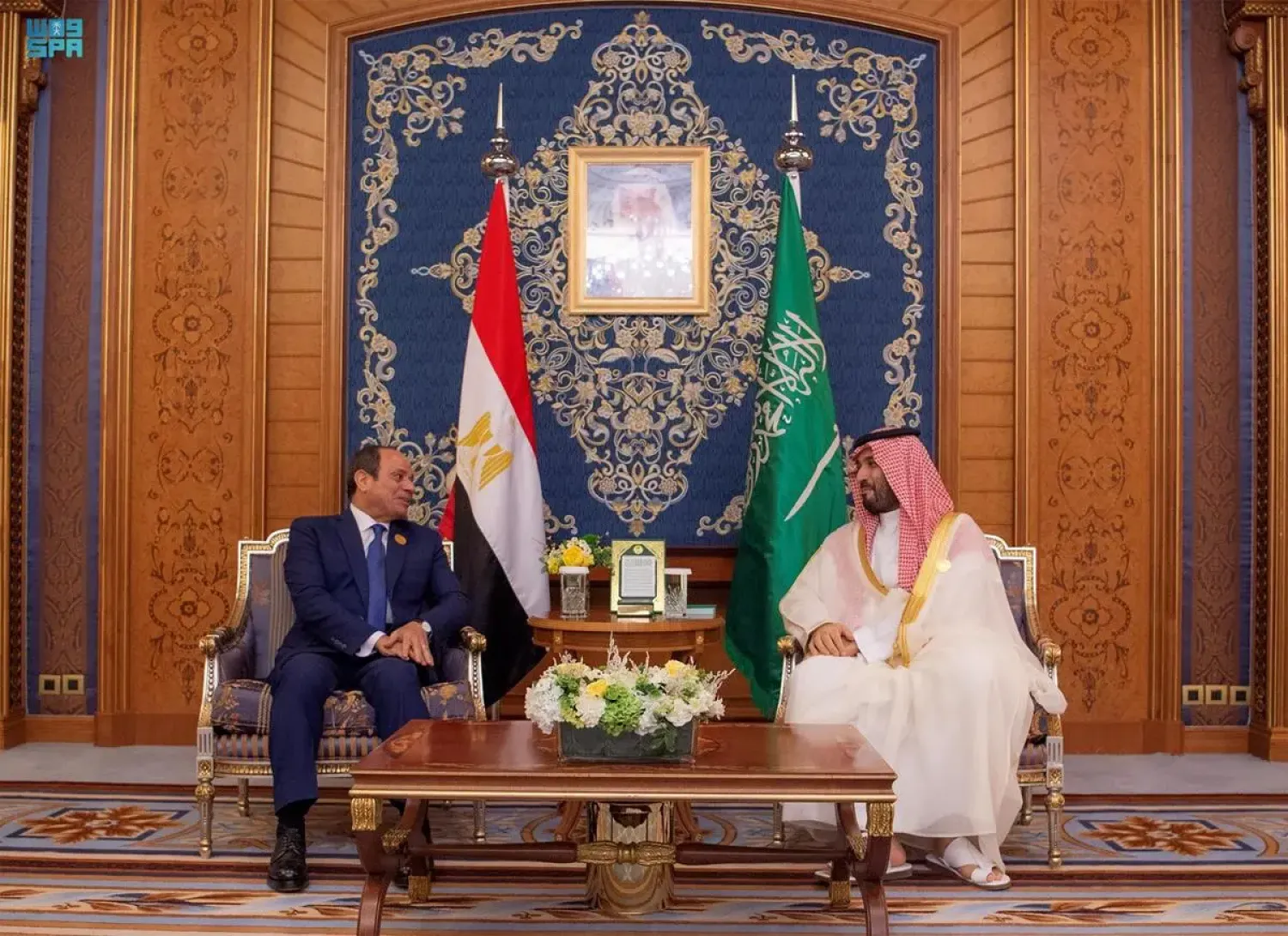The Saudi-Egyptian Higher Coordination Council is expected to convene in October, Egyptian Cabinet spokesperson Mohamed al-Homsani told Asharq Al-Awsat, adding that the exact date will be confirmed later.
Egyptian Foreign Minister Badr Abdelatty said in a joint press conference with his Saudi counterpart, Prince Faisal bin Farhan, in Cairo on September 10 that the council, chaired by Prince Mohammed bin Salman, Saudi Crown Prince and Prime Minister, and President Abdel Fattah al-Sisi is in its final stages of formation.
He said the council aims to strengthen cooperation between the two countries in politics, economy, trade, development, and investment.
Egyptian Prime Minister Mostafa Madbouly visited Riyadh earlier this week, meeting with Crown Prince Mohammed and other Saudi officials and investors.
Madbouly’s visit will boost joint investments, al-Homsani stressed, noting that most issues facing Saudi investors in Egypt have been resolved, with only 14 remaining, which are expected to be addressed in the coming weeks.
The two sides discussed opportunities in food security manufacturing, electric vehicle production, and expanding cooperation in renewable energy.
Al-Homsani added that Egypt and Saudi Arabia have finalized an agreement to protect joint investments, which will be signed and ratified soon.
Saudi Arabia and Egypt have recently strengthened their relations through a series of official visits. Last month, Abdelatty visited Riyadh to boost bilateral ties, discuss shared regional challenges, and promote Arab solidarity. He met with his Saudi counterpart and other officials.
On September 8, Saudi Interior Minister Prince Abdulaziz bin Saud visited Cairo and met with Sisi. They discussed the historic relationship between their countries and ongoing security cooperation between them.
Prince Abdulaziz spoke with his Egyptian counterpart Mahmoud Tawfik about common security issues and ways to improve cooperation for a stronger security partnership.









